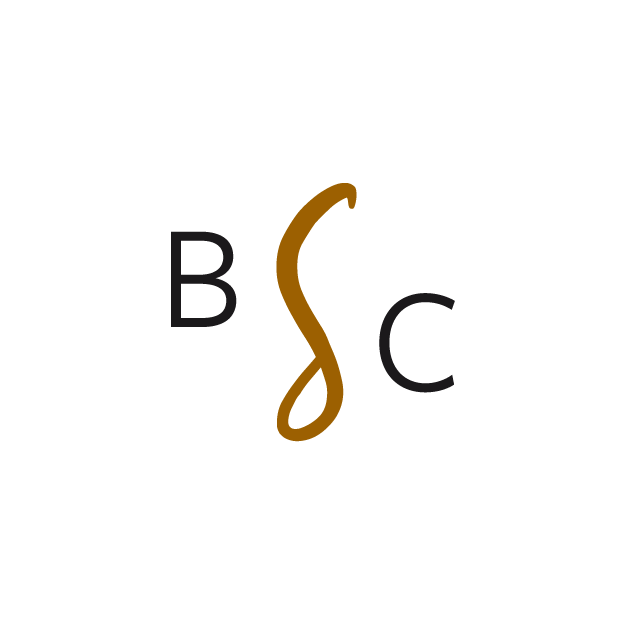"Have you finished your book yet?": 4 Ways to Answer When You’re Still Working On It by Abby Pelaez
Last year I excitedly shared with friends, family, and my creative writing group that I was writing a novel. I mentioned it on social media in hopes of it being seen by casual acquaintances. I wanted to share a piece of my happiness, and at the same time gently pressure myself to finish the book. I had hit a golden vein of inspiration with this novel-to-be. I was determined to brainstorm, write, and edit it into a worthy read and making this vocal boosted my motivation. I was now holding myself accountable by this big promise made to other people.
Soon enough those friends, family members, acquaintances, former classmates and coworkers would greet me with excitement and ask, “Have you finished your book yet?” Or another dreaded question, “When are you going to publish it?”
Announcing to the world that you’re going to do something can offer you a temporary surge of energy, especially if you experience writer’s block. But once the novelty of the announcement fades, all you’re left with is the same step to climb, in the form of a blank page. The thing about climbing steps is that you have to repeat the same small action until you get to the next landing, you can’t just jump or catapult yourself there.
My answer to that dreaded question was always “Not yet, I’m still working on it!” A good story idea is not enough to sustain the inspiration, even if you already know the ending you’re writing towards. The challenge is with the messy middle, and it is this bridge of plot from point A to C that I have yet to build. As the word count growth slowed and eventually came to a halt, the lack of progress inversely matched my anxiety. Ever a people pleaser, I worried about disappointing my friends with my answer. Or worse, that eventually they would see me as delusionally clinging to a project that showed little sign of completion.
If this resonates with you, I’m here to say don’t give up on your writing!
It’s taken months of reflecting, but I’ve found helpful ways to alleviate the anxiety that comes with responding to how your writing is coming along. Here are important things to keep in mind:
1. Own your response. You are the master of your own narrative.
It’s okay if you don’t know when you will finish your draft, or if it might get published. You don’t need to set a deadline just because people are asking. Be proud that you are working on a book to begin with, and simply say, “I’m not sure yet.”
Prepare a 1-2 sentence update about your unique writing process: “I’ve written the beginning and I’m taking a break until I figure out where I want the story to go.” Or, “It’s been so rewarding and emotional to get to explore my family history.” Or “I’ve been having a lot of fun writing a story about a rice mafia in a fictional Southeast Asian country.”
You can go deeper by talking about what you’ve learned via your writing process. Writing a book is interesting, and they will be curious!
2. Call in patience, since writing a book (or any piece of long-form content) requires time.
As writers we need time and energy to process new experiences, points of view, and our reflections. Like how food ingredients taste more complex after fermentation, our insights become clearer and richer after time. All the better to amplify the impact of a story.
Thinking of your pace as an active ripening of time rather than a delay is a necessary part of your writing toolkit to enrich your work.
3. Even if your writing is a hobby, make writing a part of your lifestyle, not a one-time endeavor.
As writers we may have to juggle jobs, family responsibilities, and other commitments. But remember, the other aspects of life will inform your writing; you just need to carve out consistent time blocks for it, no matter how short. Like any long-term practice, you’ll find longevity and eventual completion by learning your working preferences. You might prefer to write an outline first. Or to free-write and make tweaks along the way. Writing a work in progress builds bit by bit like a grand and sturdy staircase. We all need creative balance.
4. Define for yourself what “writing” is for you, and include activities for rest and inspiration in that definition.
Just because you are not actively drafting, does not mean that you have given up on it. If you find yourself being influenced by various forms of storytelling, media, music, and discussion, remember that this is a good thing. You are having social interactions, navigating stress and conflict, and forming conclusions about these experiences. Like reaching the top of a long staircase, these moments are the breaks you take on each landing to catch your breath and appreciate how far you’ve come. This quiet mental break might seem like a liminal space, but it is necessary to refill your cup so you're not pouring on empty. Many writers leave scripts and works in progress alone for years before dusting them off again as they go about life and come back to them when they're ready.
Abby Pelaez writes about food, Filipino diaspora, and queer and platonic love from her home in Vancouver, Canada. She is published in Room Magazine, Hungry Zine, Sad Girls Lit Club, and the emerge22 anthology (Simon Fraser University Press). A graduate of The Writer's Studio at SFU, she has been honoured to read her work at the 2022 Vancouver Writer’s Fest. Find her online at abbypelaez.com.
Two ways to work with Breathing Space Creative:

